Best Global Brands 2016
| Rank | Brand Name | Country | Sector | Region |
| 1 | Apple | The Americas | Technology | United States |
| 2 | The Americas | Technology | United States | |
| 3 | Coca-Cola | The Americas | Beverages | United States |
| 4 | Toyota | Asia Pacific | Automotives | Japan |
| 5 | Samsung | Asia Pacific | Technology | South Korea |

Top 1: Apple
Technology - 170,276 $m +43%What keeps Apple so far ahead of its rivals—and perhaps poised to become the world’s first trillion-dollar brand—is its instinct to constantly renew and challenge convention. Apple understands what it takes to accelerate to the top—and keep its number one spot.
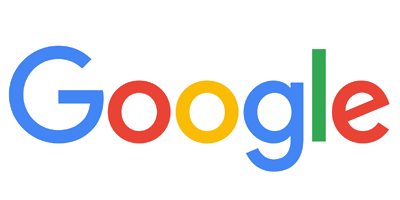
Top 2: Google
Technology - 120,314 $m +12%Nearly two decades after hitting the Web, Google has certainly diversified from its original role as an Internet search engine. In addition to products like Android, Gmail, and Maps, which have enhanced its core business, the company has taken moonshots to heart, investing in driverless cars, high-speed Internet, and home gadgets—to name just a few.
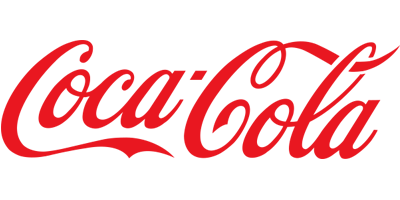
Top 3: Coca-cola
Beverages - 78,423 $m -4%When the celebrated TV series Mad Men wrapped up earlier this year, viewers were left with an iconic moment of marketing genius: Coca-Cola’s “Hilltop” ad. The 1971 commercial, which features a multicultural mix of youths singing “I’d like to buy the world a Coke,” speaks to a simpler time for America—and for the brand.
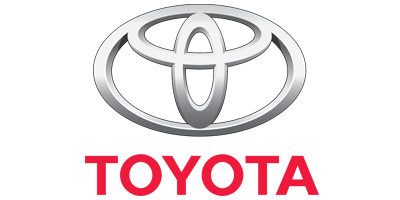
Top 4: Toyota
Automotive - 49,048 $m +16%With the launch of its Global Vision, Toyota marked its evolution from a trusted, high-quality automotive brand to one synonymous with innovation. Toyota aims to lead the future of mobility through product development, sustainability, and a focus on people. Its value is up 16 percent to USD $49 billion in this year’s Best Global Brands ranking—impressive, especially in the wake of a June airbag recall that affected nearly 1.4 million of its vehicles.
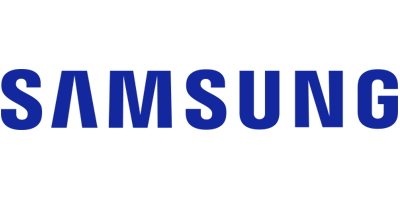
Top 5: Samsung
Technology - 45,297 $m 0%While the South Korean electronics giant still dominates the global smartphone market, Samsung has faced challenges in the mobile sector this year. The brand remains steady, supported by successes in categories like semiconductors, Smart TVs, and connected devices. Samsung is moving forward with a focus on creating products that define whole new categories and taking advantage of B2B opportunities.
Famous Business Partnerships 2016
| Title | Names | Company | Location | Year |
| A Bright Idea | Thomas Edison and J.P. Morgan and the Vanderbilts | Edison Electric Light Co. | Edison, N.J. | Founded 1880 |
| Brothers Take Flight | Wilbur and Orville Wright | The Wright Co. | Dayton, Ohio | Founded 1892 |
| Movie Moguls and Magic Makers | Sam, Jack, Albert, and Harry Warner | Warner Bros. (TWX) | Culver City, Calif. | Founded 1923 |
| The Scent of Money | Coco Chanel and Pierre Wertheimer | Parfums Chanel | Paris, France | Founded 1924 |
| Billions and Billions Served | Richard and Maurice McDonald | McDonald’s (MCD) | San Bernardino, Calif. | Founded 1948 |
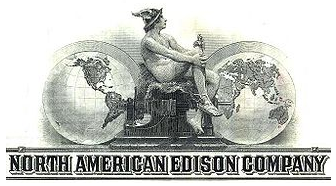
Edison Electric Light Co.
The electric light bulb catapulted Thomas Edison to fame and fortune. But Edison, like many entrepreneurs with more ideas than capital, needed financial partners to fund his inventions. Throughout the 1870s and 1880s, Edison received funding from a group of wealthy investors, including J.P. Morgan and the Vanderbilt family, helping lay the groundwork for what eventually became the Edison Electric Light Co. In 1879, Edison demonstrated the incandescent electric light bulb to his backers and launched it publicly shortly thereafter.

The Wright Co.
In 1878, Orville and Wilbur Wright's father gave them a toy helicopter with twirling blades powered by a rubber band. The brothers later credited this gift with sparking their interest in flight. In 1892 the brothers (who had previously designed and built a printing press and published a daily paper) opened a bicycle shop in Dayton.
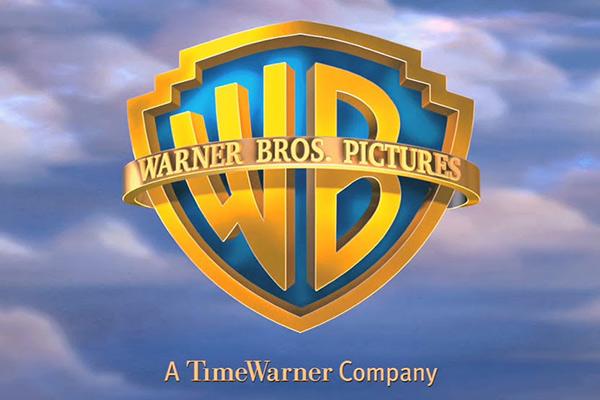
Warner Bros. (TWX)
The sons of Polish-born Jewish immigrants, Sam, Jack, Albert, and Harry Warner co-founded what would become Warner Bros. Studios. They got their start in the early 1900s working in film production and distribution. They ran a traveling movie business, established their own movie house, and began producing their own films when the cost of rentals became too steep.
Parfums Chanel
In 1924, three years after creating her now-iconic fragrance Chanel No. 5, Coco Chanel tapped Pierre Wertheimer, a successful French businessman, to help her establish Parfums Chanel. While Chanel had the name and the fame, she lacked the capital, marketing prowess, and connections that Wertheimer possessed.
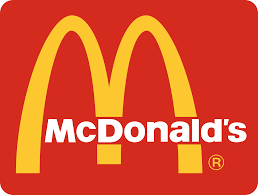
McDonald’s (MCD)
The New Hampshire-born brothers moved to southern California in the late 1920s with the goal of opening their own business and earning $1 million before they hit 50. After an unsuccessful attempt to break into the movie business, they opened and ran a hot dog stand and a barbecue restaurant, gaining experience they would later use to pioneer the fast-food industry.